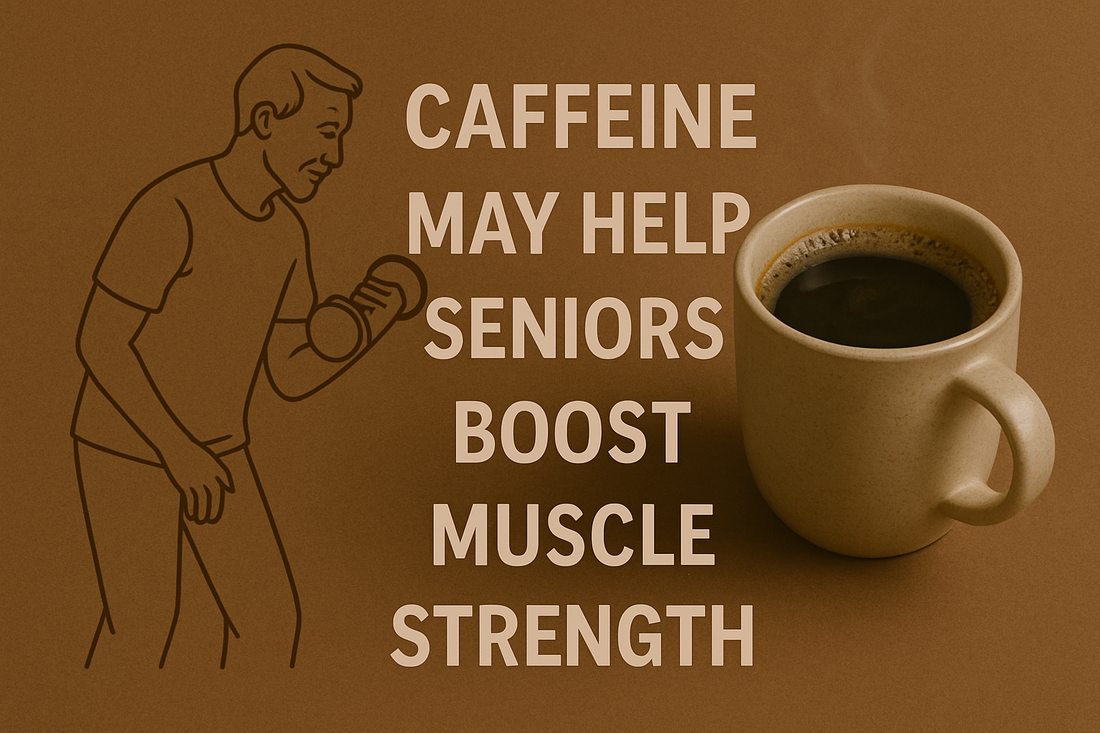
Caffeine May Help Seniors Boost Muscle Strength
正啟 GLOBALEYESShare this news
Evidence from a Recent UK Animal Study
A recent animal study conducted in the United Kingdom suggests that caffeine may assist older adults in increasing muscle strength. By stimulating muscle tissue and preventing muscle atrophy, caffeine could potentially lower the risk of falls, injuries, and other accidents.

How Aging Affects Muscle Strength
As individuals grow older, their muscles naturally undergo changes and become progressively weaker. Researchers at Coventry University aimed to investigate whether caffeine could influence the muscle aging process. Their experiments on rats revealed that coffee consistently improved the performance of two muscle groups. Although the effect was somewhat diminished in older muscles, caffeine still demonstrated some beneficial impact.

Insights from the Lead Researcher
Lead researcher Jason Tallis noted that while caffeine is slightly less effective for older adults, it may still help seniors enhance muscle strength and offer certain health benefits. The study also found that caffeine has the least effect on the muscles of younger rats, indicating it may not boost muscle strength in developing bodies.

The Importance of Maintaining Muscle Strength
Muscle strength tends to decline with age, and insufficient muscle power can lead to accidents and injuries, as well as a reduced quality of life. If older adults can enhance their muscle strength, they may be able to prevent accidents and maintain better overall health.

Active Lifestyle and the Role of Caffeine
Tallis pointed out that staying active helps preserve health and physiological functions. Caffeine appears to have a greater effect on improving muscle strength in older adults, making it particularly beneficial for them. Based on animal studies, caffeine primarily boosts strength in the diaphragm and extensor digitorum longus muscles. The diaphragm is essential for breathing, while the extensor digitorum longus is important for leg movement.

